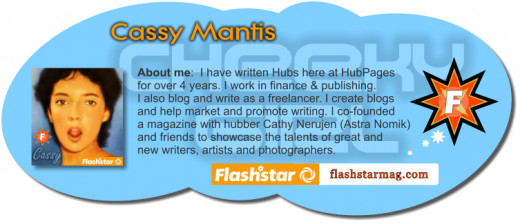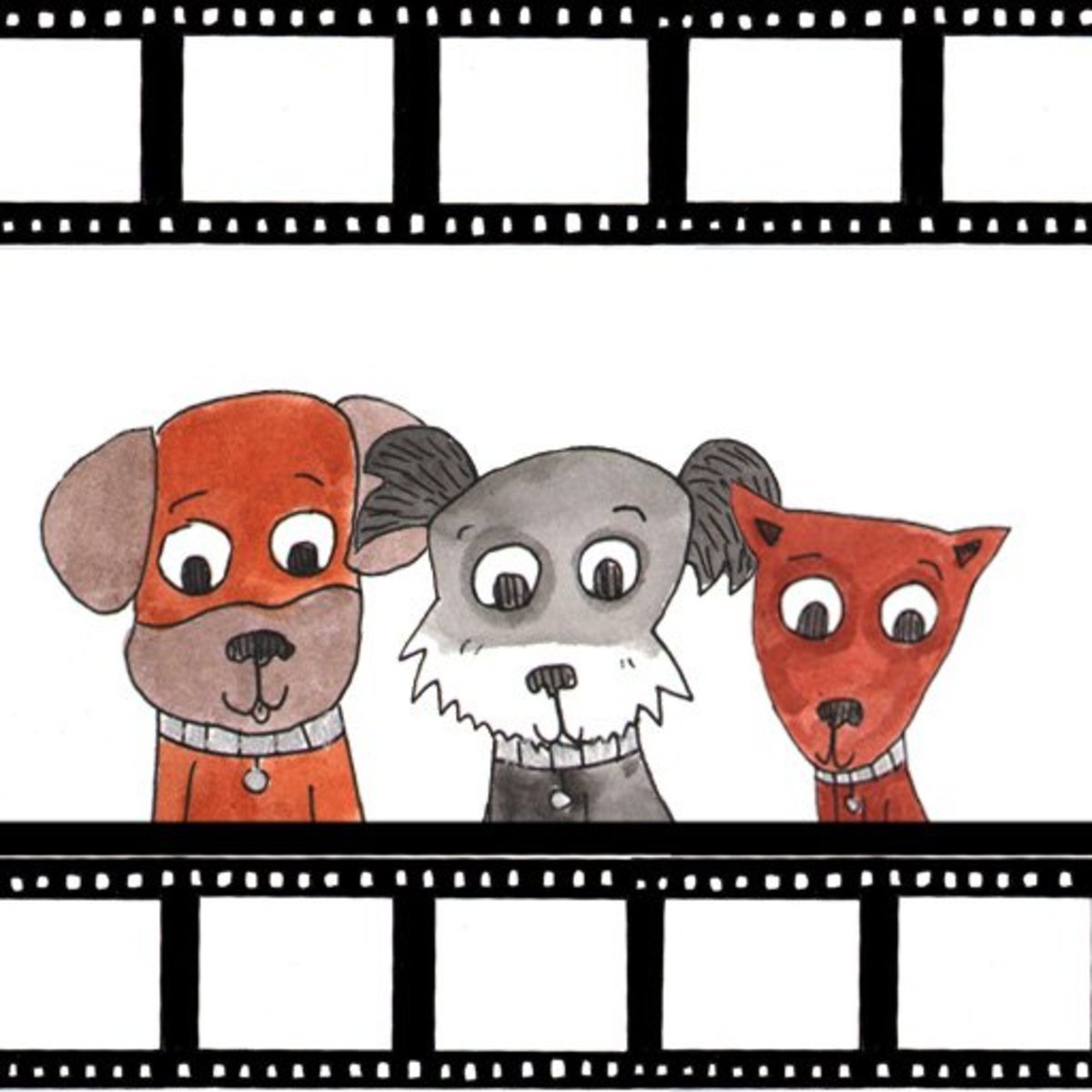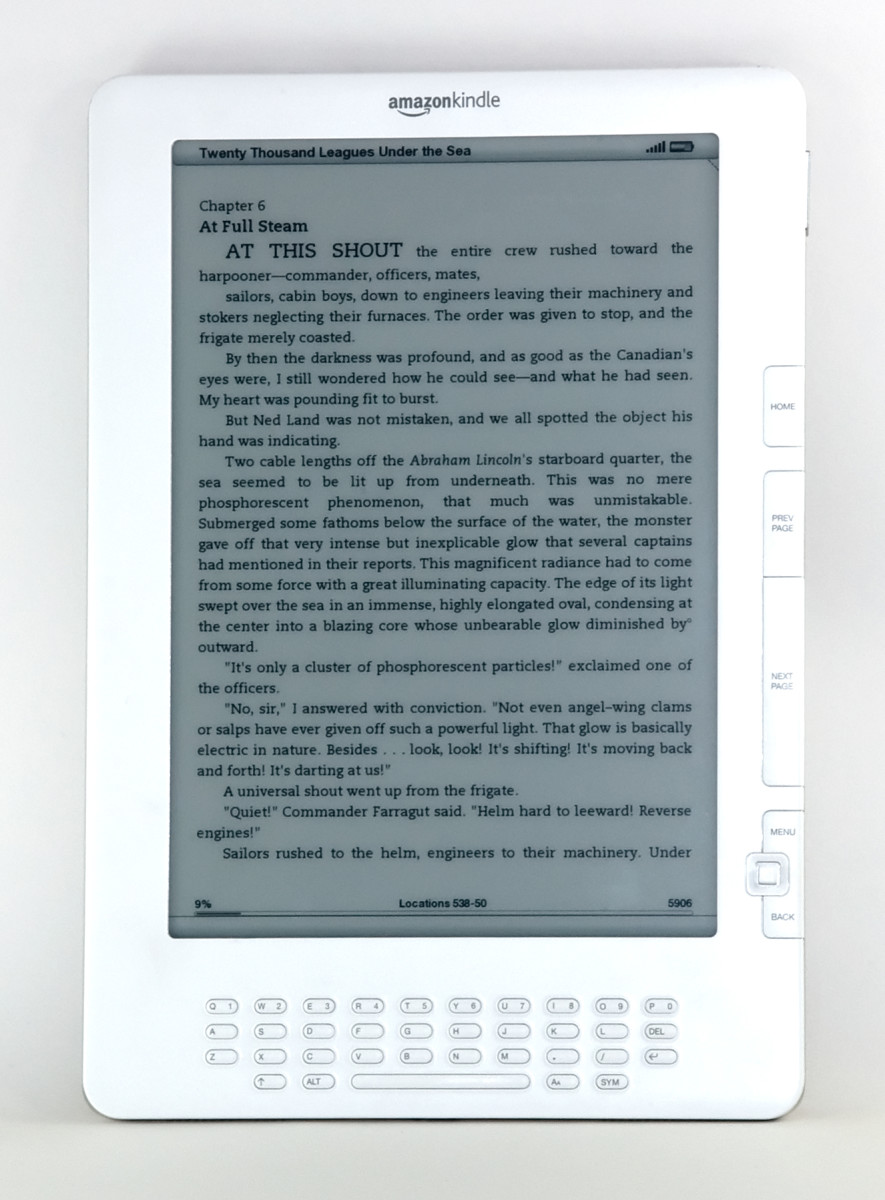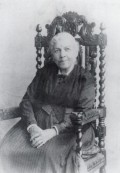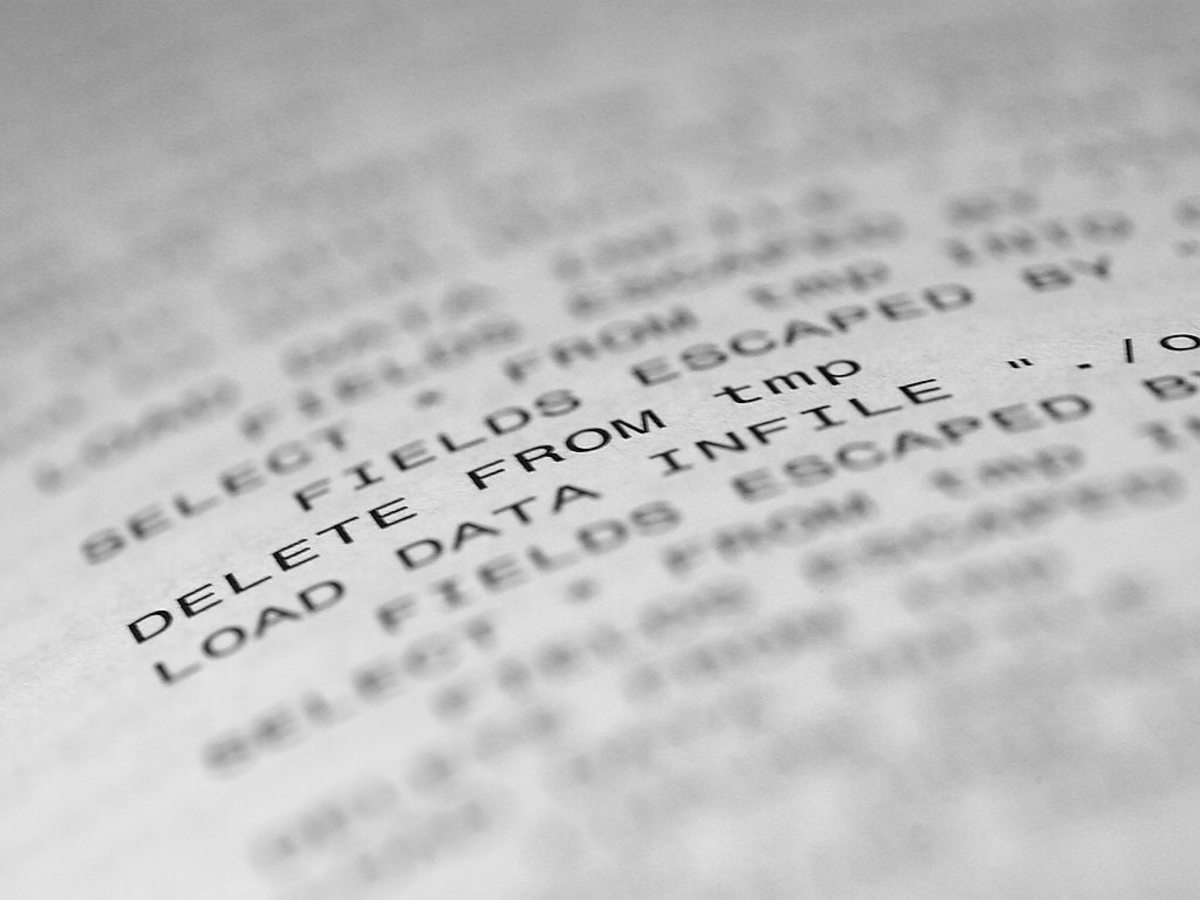Self Publish A book - Publish Your Book Online

Are you a writer who intends to publish a book? Are you a first time writer or niche writer? Have you thought about how to self publish a book? Is self publishing worth it, financially? In 2011 ebook sales officially overtook traditional book publishing. The sale of eBooks has continued to grow at a significant rate. In 2012, and 2013, books sold online and books that were self published increased in sales faster than at any point in history.
Self-published authors are establishing themselves as the successful harbingers of change. The internet has changed the rules of publishing. Anyone can now self publish a book. All they need is a computer, a word processor software package like Word, Open Office or Atlantis, and an internet connection. Or like Vincent Moore, just write the text and get Blurb to publish it for you. And you keep all the proceeds from your book. Writers are cutting out the middle men. Traditional publishers are now chasing the writers instead of writers chasing publishers. Self publishing is here to stay.
Ebook sellers are now becoming the new kids on the block in book-selling terms. Businesses like Amazon, XLibris, Lulu, and Blurb are proving it is profitable for both publishers and authors. Self-publishers are eating the traditional publishers' proverbial lunch. All the traditional publishers can do is either marinate in depression or fall in line and start self-publishing alongside their competitors. (Or go chasing the self-published writers, as most of the listed writers below have found.)
So why would a writer choose to publish a book online rather than publish traditionally? What is the difference? What can an online publisher do that traditional publishers cannot do? And how is self publishing better?
HubPages writer and poet Marifel Dungo, known as blaise25 here, made a name for herself as a blogger (her blog Philpad.com is in the Top 20 of the most popular blogs in her country) and as a published writer with her self-published book "Toss and Turn" , published on Lulu.com. Her book is available in Apple iBooks and Amazon as well as Barnes & Noble. It's available as both ebook and traditional print book. I have reviewed the book and it can be read here.
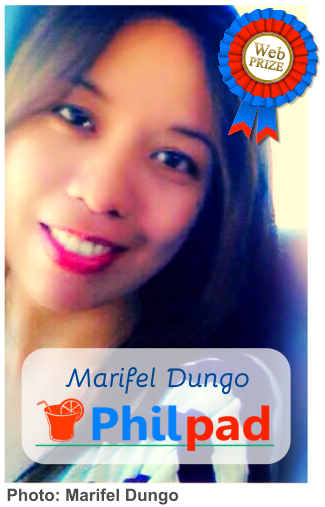
As a published writer, in the old sense, we used to write what our publisher decided should be written. The publisher had total control. Publish their way or perish. But as Self published writers, we decide and have full control of our work editorially and financially. As long as we agree to take the risk into consideration, the risk of not being successful, versus being successful.
We, as the self published writer may set whatever royalty fee level we want for ourselves. Or better still, we don't get a "royalty". Who needs royalties? We can just get either 100% of the price of the book that we have mostly created ourselves, or we take the lion's share of the price paid for it.
So on Amazon, for example, a $5 ebook makes roughly $3.25 for the writer if she or he so wishes. We can also set the price ourselves, either higher or lower as a promotion or special offer. Taking a profit from your own hard won efforts is not the guilt trip some would want you to believe. If publishers say otherwise, no one is listening to them. Too many writers complain that too much is taken out of their earnings from publishers as it is.
In terms of global reach, Kindle ebooks, Apple iBooks, Lulu publications and Blurb books can reach to well in excess of 100 different countries, and in a fraction of the time taken for a print book distributed by traditional means. Self published writers have more foreign distribution deal rights since they deal with just themselves and can set prices to whatever they wish. However, it pays to learn about how international publishing rights work as this can be a challenge to less experienced writers.
As a self-published writer, you can make deals with whoever you want, and not have to argue or deal with just book or trade resellers. You are not limited by lateral deals, side deals, do-not-compete deals or arrangements with publishing cartels, etc.
Self publishers can push further outwards and make deals with non-traditional organisations, like online media companies, audio book organisations, film, TV or online video companies. or even gaming companies. One writer on our self-published list, Hugh Howey rejected a seven figure deal in favor of a smaller six-figure deal just so he could retain rights to his e-books.
It's not just fewer obstacles that draws writers to self publishing. Books can never be out of "print" or stock when they are online. Anyone can order a Kindle ebook forever, and your work will always be on sale and available. Getting books to "market" and released takes a fraction of the time taken for other books. The old excuses no longer apply.
List of Self Published Authors
Roddy Doyle - "The Commitments"
E. L. James - "Fifty Shades of Grey"
Lisa Genova - "Still Alice"
David Chilton - "The Wealthy barber"
James Redfield - "The Celestine Prophecy"
Amanda Hocking - "My Blood Approves"
K.A. Tucker - "Ten Tiny Breaths"
Barbara Freethy - "Daniel's Gift"
Michael J. Sullivan - "The Riyria Chronicles"
Hugh Howey - "Wool" Trilogy
H.M. Ward - "Damage"
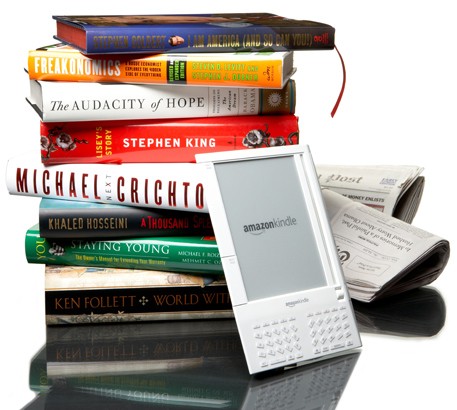
Writers no longer need that clunky system or apparatus of traditional
or conventional publishing houses, prompting many observers to note that the
publishing game has now turned in the writers favour. It makes sense. Far
better to cut out the middle-man and thanks to the internet, and online
self-publishers, go directly to the audience. That way, writers pay themselves
first. A few years ago, this would have been unthinkable.
Lulu, Google, Xlibris, Amazon, Createspace and Smashwords are just some of the bigger names on the internet who will help you self publish your book. Blurb is another fast growing name with a slew of successful writers to its credit. Simply put, you upload your text as a word file format (in rich text format) and select the size of book from the choices offered by the website in question, choose the size, the number of pages, the style of the book, the font, the book cover colour and photos or art work, and the blurb for the back of the book. The resulting preview you will see will show you what the finished article will look like.
When you are happy with your choices, okay everything and approve it all. The publisher will ask you for a payment or way to pay for your book, then the billing address and your writer name and details, and address to which they will send your new book. Typically, some of the best online self publishing companies will have your new book mailed to you in about 2 weeks. This is for print books. This will be the moment you have in your hand for the first time - your finished actual printed book. A proud moment for every writer.
The good publishers will offer to sell your book online and offline - such as in high street stores like Barnes & Noble, Waterstones, Tesco, WH Smith (Uk) and others. They will also sell your book or books via Amazon, the worlds top Online Book seller. But the beauty is that you control how much or how far you want to go.
Okay, traditional publishers are doing a fine job for the most part. Christmas 2013 saw an upsurge in book sales. Ebooks however, still dominate print book sales. 2014 will be a year of reckoning. The traditional book publishing process is still slow, but it is improving. It was not helped by the spat between Amazon and publisher Hatchett. All those books you see in book stores the world over are there - mostly thanks to traditional publishers, and they don’t intend to just up and disappear. After all, their role is to herd your manuscript through the production process at minimal time and cost, get the book bound and printed, and send it through the usual distribution channels.
So if you are lucky, the marketing department might generate a press release and ship out a few review copies, and gain you that all-important review and so good referrals and thus sales. And then it comes to money and who gets what. Aah yes, that would be the royalty schedule.
For most writers, that's where conventional publishing gets stuck, and money becomes the big factor in everything. When you see how much others get paid and how little you get paid in the end, self publishing becomes an even bigger ambition and we value our writing differently.
Do you want to pay yourself less just to avoid the hassle of doing the publishing yourself, or do you want to risk getting paid more if you take on more of the duties as a self published writer?
Traditional publishers have Brand, and writers have brand, which is supposed to be good, right? Brand is a very big deal in writing and getting published. A name is everything. The publishing world still deals with intangibles like prestige and reputation. That vast market is crammed with titles all screaming like newborns for the milk of everyone’s attention.
But do you ever wince with pain and frustration when you see someone with little or no literary skill or writing / storytelling ability publish another book about their so-called life as a social butterfly and celebrate their own mediocrity to an ever waiting media? Do you wonder why the constant fawning seems to result in so much buzz, just to discover it was rubbish - and you could have written better yourself?
so Publishing imprints remain an important shortcut for reviewers, purchasing agents and readers as they try to determine what's worth their limited time and attention.
I can give 4 reasons why, as a new writer - you have nothing to lose by self-publishing...
Self Publishing and Social Media
Authors who self publish increasingly turn to the Social Media platforms to promote their books. Besides giving out free editions or special offers, they promote them via Twitter, Facebook, Pinterest, LinkedIn or some other popular media platform. There is even software such as Hootsuite or Tweetdeck that can let you use some of these at the same time.
Having a Facebook account, a LinkedIn, a Pinterest and Twitter account lets a book promo go a long way. And having your own blog where you may even sell your own book is another way to promote that self-published book.
1. You are an established author with a following. A-List writers like James Patterson, John Grisham and J.K. Rowling are known brands. And then there are writers like Stephen King - who have demonstrated the viability of digital self-publishing. Remember the books he sold successfully online? Selling chapter at a time and then offering the book to readers if they liked the book. And then electronic books, or eBooks as they are now called. But your audience doesn't have to be mass-market. If you know there are reviewers who know your name and thousands of readers waiting to buy your book, then the economics of digital publishing can suddenly make perfect sense. There is also the Facebook and Twitter factor. If you can get hundreds or thousands of fans or followers on social media platforms like these, then it can be as good as having good reviews. Nothing works like person to person recommendation. Nothing works faster than tweets. Even Charlie Sheen knows that.
2. You are a completely unknown writer with little
to lose, so go for it. Well, the internet is a great leveler.
The entry costs are low to minimal - so why not? What is stopping you?
Reputation? Brand? Publish for free on a place like Hub Pages and gather opinions
on your work, get people’s views on your work, take advice and listen to what
is said. Nothing interests a traditional publisher or agent more than saying
"my self-published book got 50,000 downloads." Or something like “...100,000 people are
following my writing on the internet.” (You could always plan to find a publisher at a later stage if you wished...)

3. You are writing in a genre that's got a ready-made audience. Fan-based communities for genres like science fiction, mysteries, romance novels, military adventure, poetry etc. are meritocracies that recognize good content, whether it's got the publisher's stamp of approval or not. This is the 21st century, people. So are you feeling righteous now?
Some simple numbers about publishing
A $10 book that sells 100 copies a month is small pickings, and will net you $1,000 (minus the percentage the publisher gets for the publishing – printing cost of each book). So what if you got $7 per book normally – that is $700 for 100 books, but stay with the gross income for a moment. Now what if 200 people sold your books per month and each sold 50 books for you. That would move 10,000 books. If they got a 20% commission on each book, it would still be far better than just selling it yourself, and the profits would be enormous. That would be $80,000 after commission paid out. And that is per month. Now multiply for 12 months, and suddenly your desire to pay a traditional publisher is becoming a distant memory.
4. You have alternative distribution channels. The biggest advantage that a publisher provides is getting your book in stores. But what if you don't need stores? If you sell most of your titles at trade events and through your website, an e-book with a print-on-demand option (Like with Lulu.com) provides the same service and lets you keep more of the revenue. And what if you become the seller yourself with the free assistance of blogs that have shopping carts with ability to accept payment in Google Check out or PayPal format? There are others too. A writer or seller can just as easily now put their book or books on sale on Facebook, with free to use systems like “Ecwid”. (Links to a Hub on how to sell goods on Facebook, including the Ecwid system.)
Or sell the book on a dedicated website, or eCommerce site or through an affiliate system. The Affiliate system is a huge area, as there is a queue of people looking to sell your book for you if you give them a percentage of the profits. They would become affiliates to you and be almost like paid sales staff in a sense.
Amazon Self Publishing: Don't Sign A Publishing Deal Until You Have Watched This!
There is the argument that all books need editors and typesetters, copy editors and PR people. There are many people in the bureaucracy of a publishing establishment who can add value to your book. And many best-selling writers seem to back that up, which is why they stay with their mainstream publishers.
But some writers have found themselves like those boxers who have been in many battles only to find their management favor newer younger blood as older blood slows down or falls by the wayside after too many "losses". Publishers will back the ones they feel are less risky, more certain to be successful. They take the easy or "safe" option. It can be argued that no one will fight your corner better than you or whoever believes in you. Or sell or promote you better than you. And who can do that?
Traditional publishers have "budgets" beyond which they will simply not go. The amount of money they have is divided amongst all the writers in their books. So it lessens what is available, as more and more writers drop those publishers for self publishing. A smaller pool of writers generates a smaller income for the firm, and so less money to put into budgets.
Where do publishers get their revenue from anyway? Selling books! If a publisher claims he can increase a book's longevity or writer's persona in the limelight better than you can, then you could offset that and get PR people to help promote you and your book.
Lulu.com is showing writers how a book can burst into existence in two weeks as opposed to a 9 - 12 months cycle, using the traditional route. Now, services like CreateSpace lowers the entry costs for self-publishing more again. They are moving to replace the few value-adds that publishers still offer, such as editorial and marketing support. (You still have to fill that void and edit and promote yourself, except the web offers so much for the budding writer.) These online services are wearing away the traditional stigma of the "vanity press" and providing you the writer with a broader, more profitable platform. You don't need the superstructure and processes of a publisher.
I have included a video below from Author Robert Plank who shows how to self publish on Amazon CreateSpace. The video lasts approximately 40 minutes. It includes cover design, uploading the manuscript in MS Word form, ISBN numbers and publishing and payment. Enjoy! Now embrace the change - and get self-published.
Updated September 2014.
Copyright (c) 2012 - 2014 Cassy Mantis. All rights reserved. Videos are copyright of their respective title holders. All named companies and trademarks are copyright of their respective owners.
Self Publish using Amazon CreatSpace
